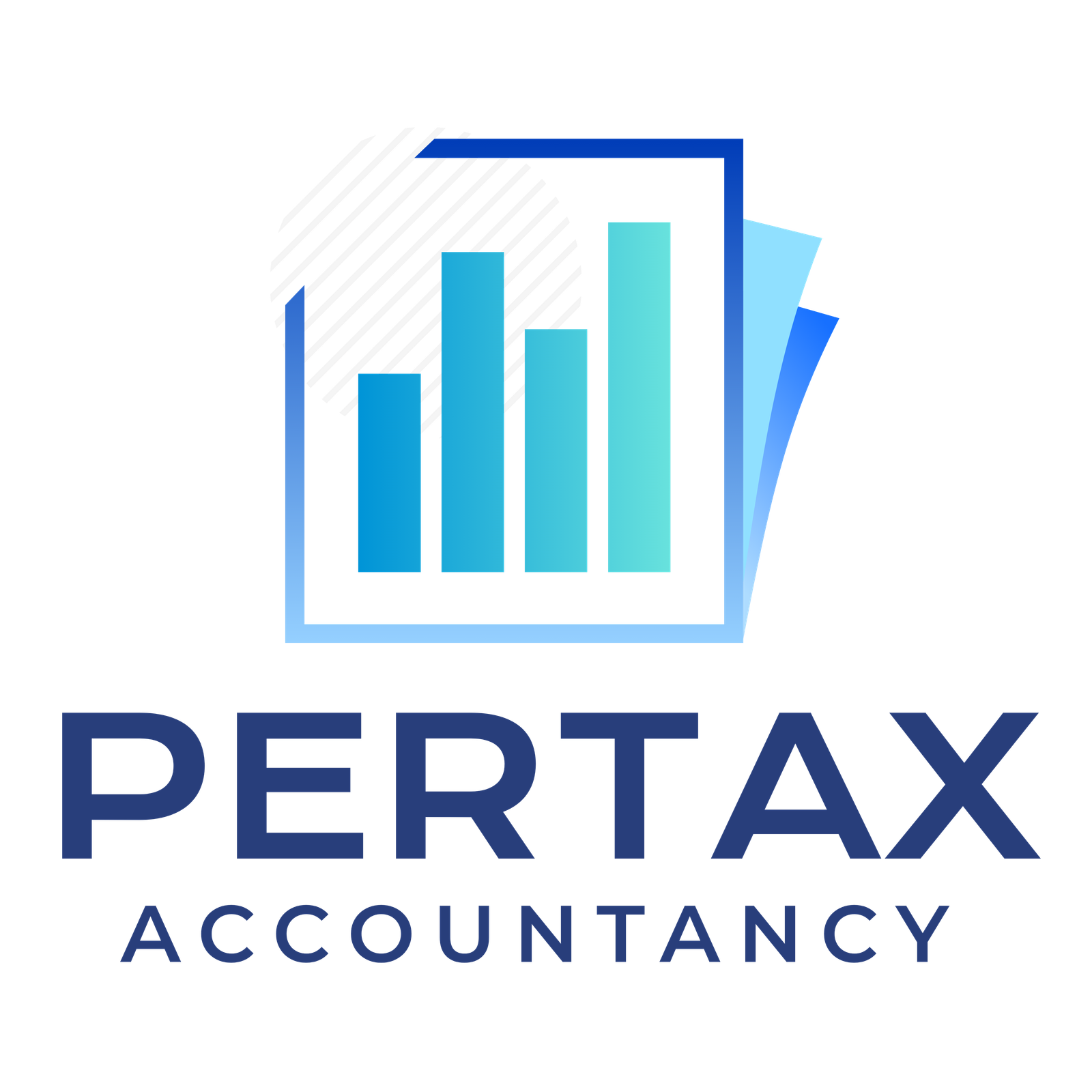The Chancellor, Jeremy Hunt, delivered his Spring Budget speech on Wednesday, March 6, 2024, outlining several tax adjustments that will directly impact taxpayers’ finances. In his ‘Budget for Long Term Growth’ speech, the Chancellor promised “more investment, more jobs, better public services, and lower taxes.”
Reduction in National Insurance
The headline announcement, revealed prior to the speech, was a further 2% reduction in National Insurance for both employed and self-employed individuals. The main rate of Class 1 National Insurance for employees will decrease from 10% to 8% on annual earnings between £12,570 and £50,270. The 2% rate on earnings over £50,270 will remain unchanged. Similarly, the main rate of Class 4 National Insurance for self-employed workers will be reduced from 8% to 6% on earnings within the same range, resulting in potential savings of up to £1,131 per year. Additionally, the Class 2 NIC charge, which was abolished in the last Autumn Statement, will take effect from April 6, 2024.
VAT Registration Threshold Increase
Small businesses close to the VAT registration threshold will welcome the increase from £85,000 to £90,000, effective from April 1, 2024.
New ‘British ISA’ and British Savings Bonds
Individuals will now have the opportunity to invest an additional £5,000 into UK equities through the new ‘British ISA’ fund. This new ISA will provide the same tax-free advantages as the current ISA, in addition to the existing £20,000 ISA allowance. Furthermore, savers can look forward to the launch of British Savings Bonds in April 2024, offering a guaranteed rate for a period of 3 years.
Capital Gains Tax Reduction
In a boost to the housing market, the higher rate of capital gains tax (CGT) on residential property will decrease from 28% to 24%, effective from April 6, 2024.
Changes to Furnished Holiday Let Scheme and Stamp Duty Relief
From April 6, 2025, the current Furnished Holiday Let (FHL) advantageous scheme will be abolished. This means that short and long-term lets will be treated the same and reported together. Additionally, the Stamp Duty Land Tax (SDLT) Multiple Dwellings Relief, which allows for bulk purchase relief, will be abolished from June 1, 2024, to prevent abuse of the system.
Reforms to High Income Child Benefit Charge (HICBC)
Starting from April 2026, the High Income Child Benefit Charge (HICBC) will be reformed to be based on household income status rather than an individual’s income threshold. In the meantime, from April 6, 2024, the repayment threshold will increase from £50,000 to £60,000, and the top threshold will increase to £80,000. The rate at which the HICBC is levied will also be halved, meaning Child Benefit will not be fully withdrawn until individuals earn £80,000 or higher.
Abolition of Tax System for Non-Domiciled Individuals
Plans are in place to abolish the current tax system for non-domiciled individuals, to be replaced by a new ‘simpler residence’ system from April 2025. Under this new system, individuals will not need to pay UK tax on foreign earnings for their first four years of residency. After four years, they will be treated the same as UK domiciled individuals and taxed in the UK on their worldwide income. Transitional rules will apply to individuals currently benefiting from the remittance basis of taxation.
Extension of Full Expensing and First Year Allowance
Full expensing and the 50% First Year Allowance for capital expenditure on plant and machinery will be extended to leased assets, providing companies with accelerated tax relief.
All income tax and national insurance thresholds will remain frozen at the current level. Further details may emerge once the small print has been thoroughly reviewed. Stay tuned for updates.


